In addition to Weibo, there is also WeChat
Please pay attention

WeChat public account
AutoBeta


2024-11-17 Update From: AutoBeta autobeta NAV: AutoBeta > News >
Share
AutoBeta(AutoBeta.net)09/05 Report--
Under the influence of external factors such as tight global supply chain, rising raw materials and logistics costs, the automobile industry is under pressure again, especially Japanese car companies.
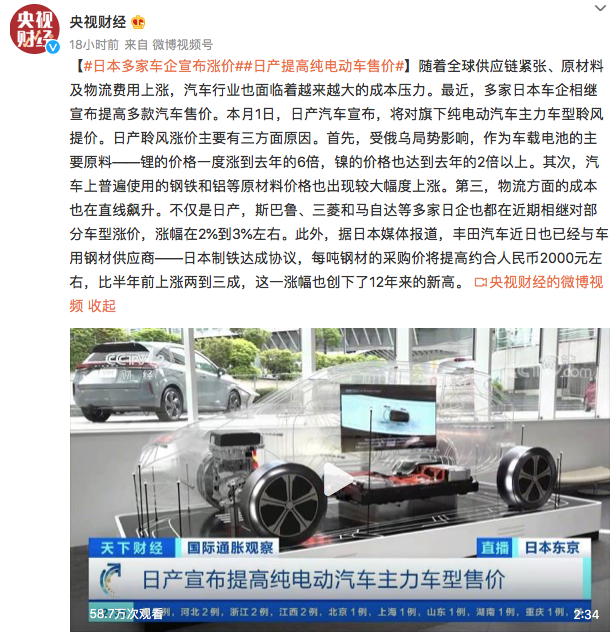
According to the CCTV financial report, due to the above factors, a number of Japanese car companies have announced price adjustments to their models. On Sept. 1, Nissan announced that it would adjust the price of its main pure electric model Leaf from the 23rd of this month. Nissan Leaf, known as "Leaf" in Chinese, was first released in 2009 and has been on the market in different countries since 2010. the car is located as a five-door and five-seater hatchback sedan, which is currently priced at about 180000 yuan in the Japanese market. Nissan will raise the price again until the original price is maintained before the 22nd of this month, and orders will be suspended after the 23rd.
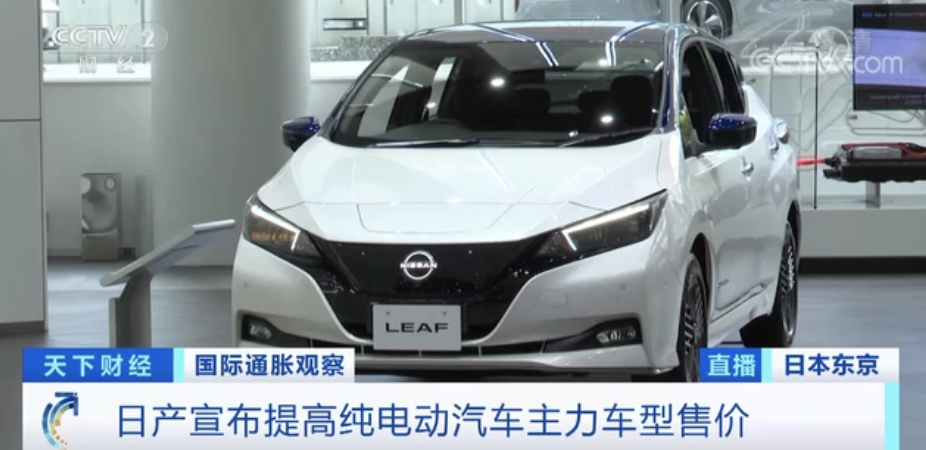
Like many car companies before, Nissan's price increase is also affected by the conflict between Russia and Ukraine and the sharp rise in the price of spare parts and raw materials. In terms of raw material prices, lithium rose six times last year and nickel more than doubled last year. Prices of raw materials such as steel and aluminum have also risen sharply. Another factor is the sharp rise in logistics costs in the supply chain.
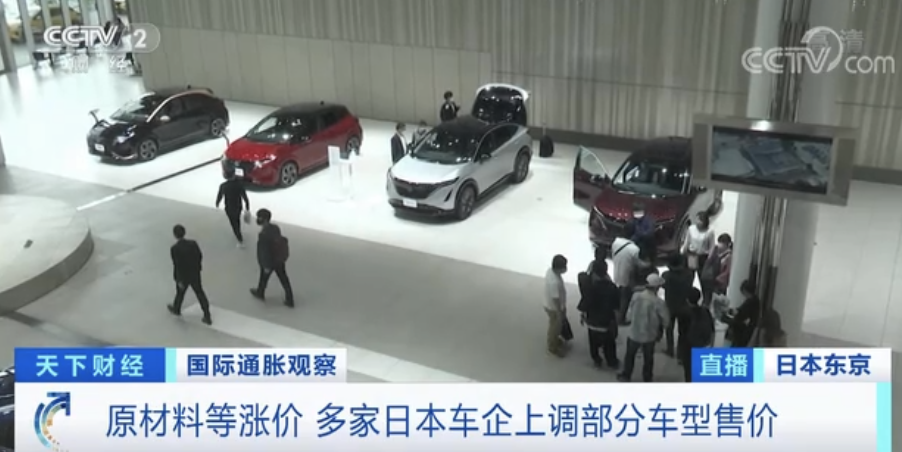
Also affected by rising prices such as raw materials, a number of Japanese car companies, including Subaru, Mitsubishi Motors and Mazda, have also adjusted the prices of some of their models, an increase of about 2% and 3%. Subaru's chief financial officer said the price increases for some of its models were meant to offset soaring raw material costs. In addition, Toyota has reached an agreement with Nippon Steel, a supplier of automotive steel, to increase the purchase price per ton of steel by about 2000 yuan, up 20% from half a year ago, and a 12-year high. At present, the price of Toyota's main models in the US market has risen by more than 2500 yuan, but the local market in Japan has not yet raised the price.
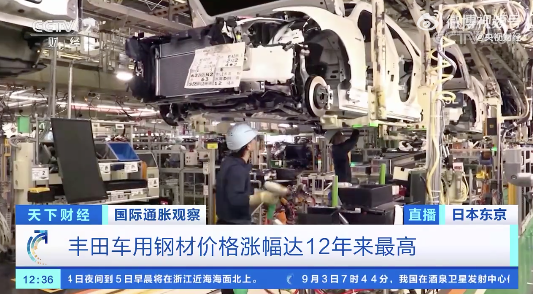
To make matters worse, due to the shortage of semiconductors and other parts, a number of Japanese car companies are also facing "new car delivery difficulties". For example, Nissan Leaf leaf and Nissan Sakura models currently take up to six months to deliver, and Nissan Leaf leaf delivery time has been extended by about two months compared with the same period last year.
On Sept. 2, Honda announced on its website that the launch of Honda's new SUV model, the ZR-V, was postponed due to a global shortage of semiconductors and supply chain chaos. Honda said the ZR-V, which was scheduled to launch in the autumn, would be delayed until the spring of 2023 and that Honda would give priority to the delivery of existing models, although pre-sale of the ZR-V would still begin on Sept. 8, allowing Honda to deliver the car in time for its launch in the spring of next year. The ZR-V is a model launched by Honda between colorful Intelligence and Haoying. The Honda ZR-V launched in China on Aug. 30, launched a total of three models with a price range of 15.99 yuan to 195900 yuan, powered by a 1.5T turbocharged engine. It is not clear whether the news will spread to the Chinese market.
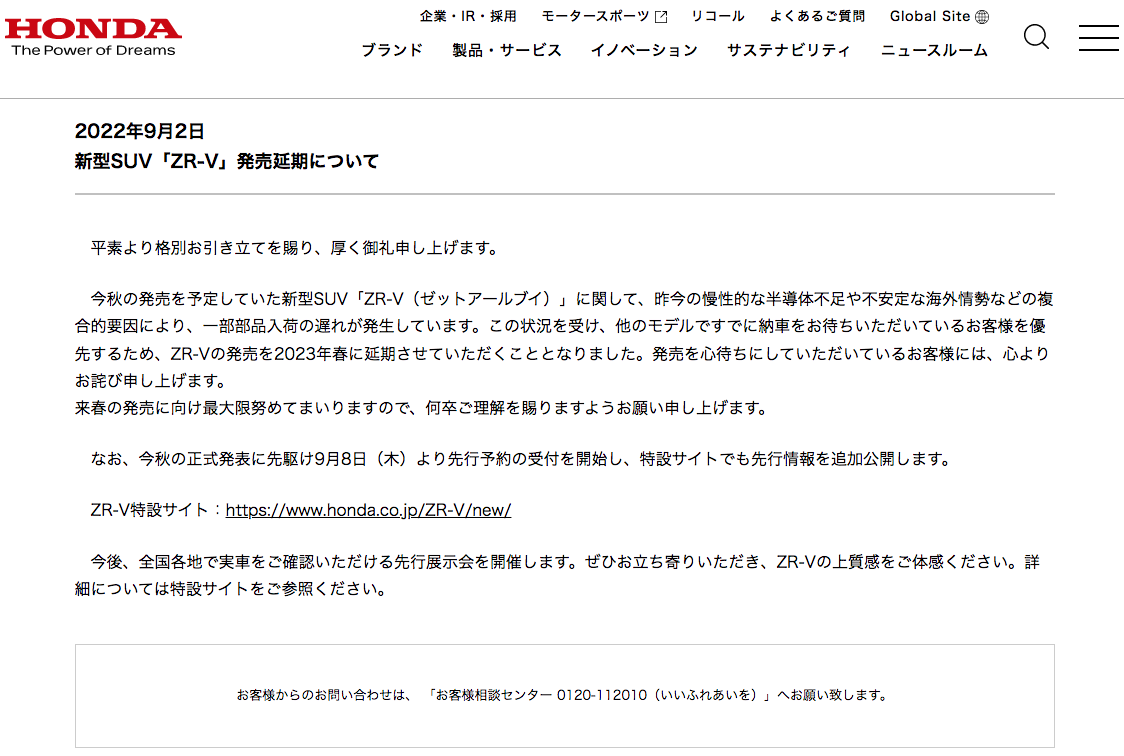
Toyota has been forced to suspend sales of several models due to tight supply chains of components such as chips and a shortage of models. Since July 1, Toyota and Lexus have stopped taking orders for the new Toyota Landcool Luze and Lexus LX600, and earlier this year, Toyota announced that users of the new Toyota Landcool Luze and Lexus LX may have to wait as long as four years to mention the car, both because of a shortage of chips and parts and a shortage of demand. At present, it takes about half a year to one year for Toyota to deliver new cars. In order to speed up the delivery of new cars, Toyota has launched "recommended optional models" measures to improve production efficiency and shorten delivery time.
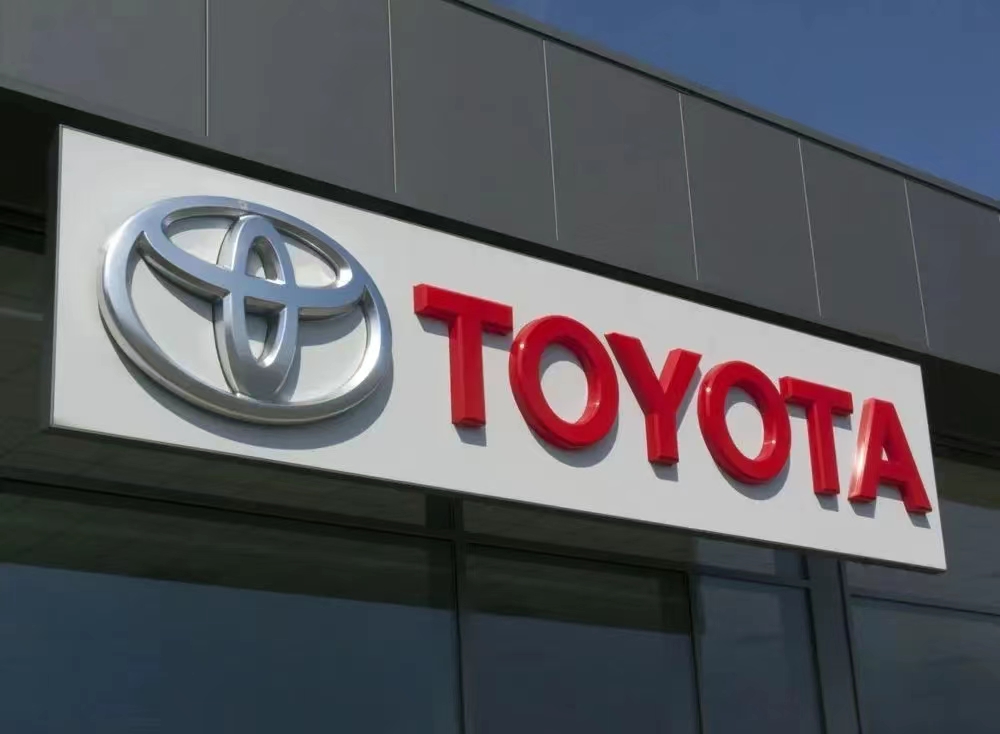
According to reports, the shortest delivery of the "recommended model" is 2-3 months, and the longest will be before April 2023, while the production of vehicles other than the "recommended model" will be postponed to April 2023, and the delivery time will be more than 8 months. From the Toyota MPV model point of view, the delivery time of some fuel models is 6-7 months, hybrid models is about 1 year delivery. Toyota officials said that focusing production capacity on "recommended models" can improve production efficiency and ensure the expectation of parts and the balance of consumer demand. Toyota's soon-to-be-launched "Crown" model will also set up recommended models, which will be expanded according to the response of consumers.
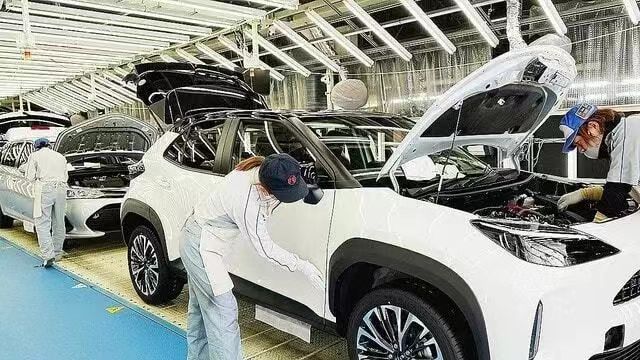
Overall, the negative impact of uncertainties such as the global shortage of spare parts, the epidemic and the conflict between Russia and Ukraine on Japanese car companies continues, while the decline in production capacity and rising prices may put pressure on the overall sales of Japanese car companies. Take the global sales of the Japanese system in the first half of this year as an example. In the first half of this year, the total global production of eight Japanese passenger car manufacturers, including Toyota, Suzuki, Honda, Nissan, Subaru, Mitsubishi and Mazda, was 11.55 million vehicles, down 6% from the same period last year. Global sales were 11.63 million, down 11.4% from the same period last year, a year-on-year decline in the past two years. Specific to the major brands, most car companies also showed a downward trend, including Toyota's global sales down 6.1% to 4.69 million vehicles, Honda down 19.5% to 1.9 million vehicles, Nissan down 23.9% to 1.67 million vehicles, Mazda down 22.0%, Subaru down 19.3%, Suzuki up 2.0% to 1.46 million vehicles, and Mitsubishi Motors up 0.9%. Previously, the Japanese Federation of Automobile sales Associations and the National Federation of Mini-vehicle Associations pointed out that the shortage of semiconductors and the difficulties in purchasing parts caused by epidemic control will have an impact on new car sales due to the stagnation of production by Japanese automakers.
Welcome to subscribe to the WeChat public account "Automotive Industry Focus" to get the first-hand insider information on the automotive industry and talk about things in the automotive circle. Welcome to break the news! WeChat ID autoWechat
Views: 0
*The comments in the above article only represent the author's personal views and do not represent the views and positions of this website. If you have more insights, please feel free to contribute and share.






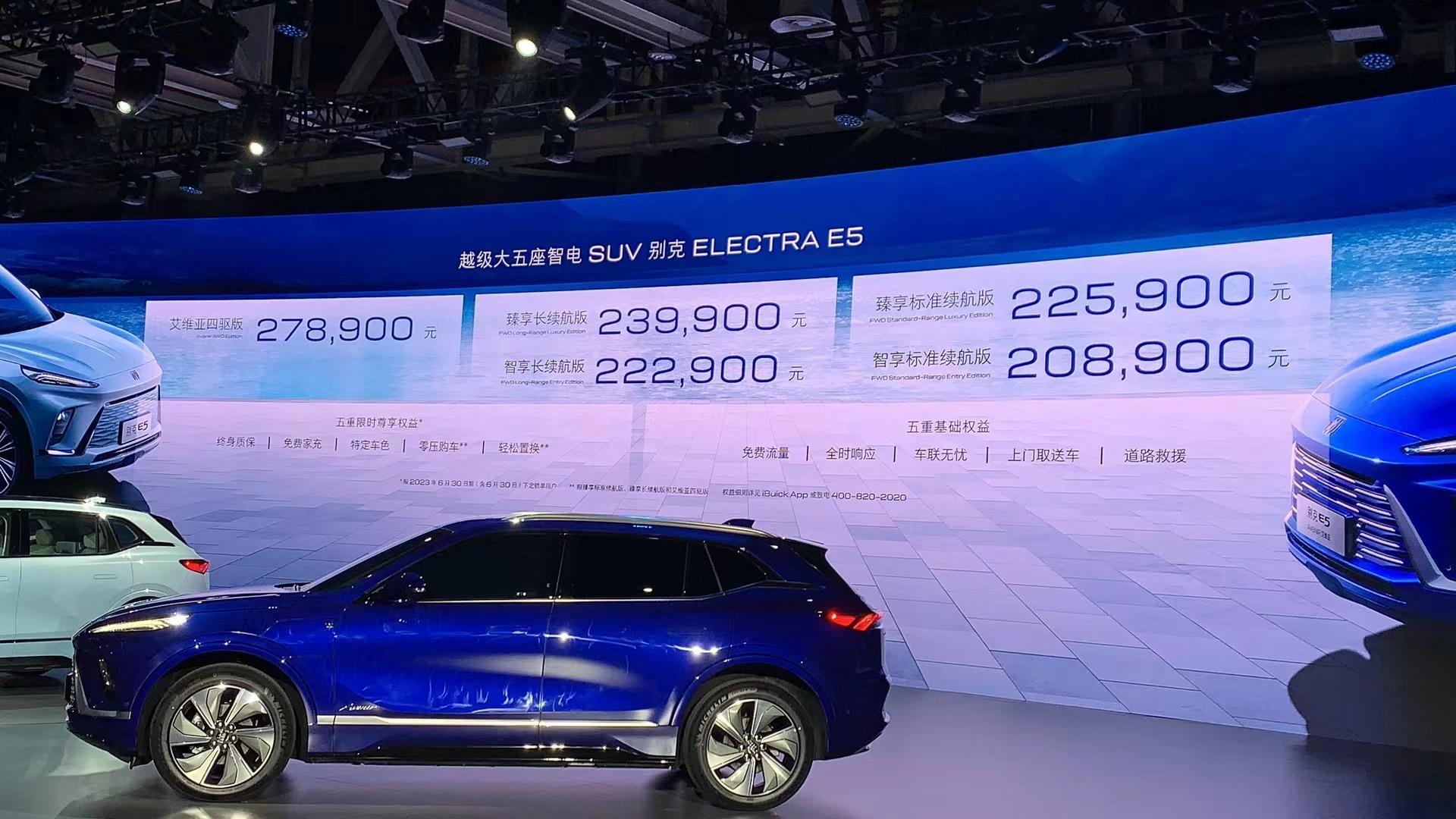




© 2024 AutoBeta.Net Tiger Media Company. All rights reserved.